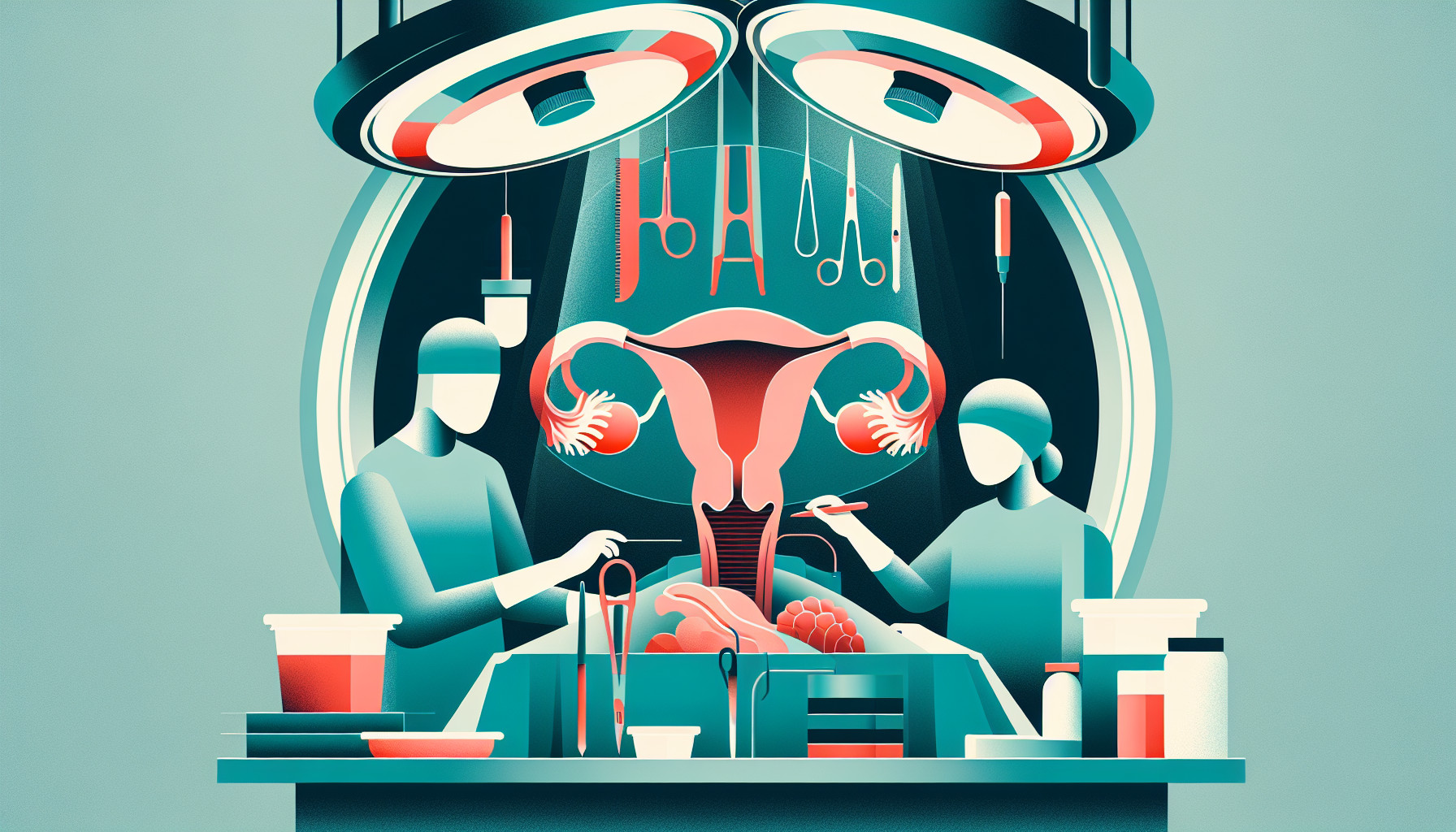Our Summary
This research study analyzed results from previous trials to determine if hormone replacement therapy (HRT) increases the risk of breast cancer in women who carry BRCA1 and BRCA2 gene mutations and have undergone preventative surgery to remove their ovaries and fallopian tubes. The study found that HRT does not increase breast cancer risk in these women. Additionally, the results suggest that HRT using only estrogen may be associated with a lower risk of breast cancer compared to HRT using both estrogen and progesterone, but the difference was not significant.
FAQs
- Does hormone replacement therapy (HRT) increase the risk of breast cancer in women with BRCA1 and BRCA2 gene mutations who have had a preventative salpingo-oophorectomy?
- Does the type of hormone used in HRT affect the risk of breast cancer in women who have undergone salpingo-oophorectomy and carry BRCA gene mutations?
- Was there a significant difference in breast cancer risk between women using estrogen-only HRT and those using both estrogen and progesterone after salpingo-oophorectomy?
Doctor’s Tip
A doctor may advise their patient undergoing a salpingo-oophorectomy to discuss the potential benefits and risks of hormone replacement therapy (HRT) with them. They may recommend HRT using only estrogen, as it may be associated with a lower risk of breast cancer compared to HRT using both estrogen and progesterone. It is important for the patient to have an open and honest conversation with their healthcare provider to determine the best course of action for their individual situation.
Suitable For
Patients who are typically recommended salpingo-oophorectomy include:
- Women with a strong family history of breast or ovarian cancer, especially those with BRCA1 and BRCA2 gene mutations.
- Women who have a personal history of breast or ovarian cancer.
- Women with a high risk of developing ovarian cancer, such as those with a history of endometriosis or certain genetic mutations.
- Women with certain gynecological conditions, such as pelvic inflammatory disease or ovarian cysts, that may increase their risk of developing ovarian cancer.
- Women who have completed childbearing and are considering permanent contraception or hysterectomy.
Timeline
Before salpingo-oophorectomy:
- Patient undergoes genetic testing to determine if they have BRCA1 or BRCA2 gene mutations.
- If positive, patient discusses with healthcare provider the option of preventative surgery to remove ovaries and fallopian tubes.
- Patient undergoes pre-operative evaluations and consultations with surgical team.
- Surgery is scheduled and patient prepares for the procedure, which may include fasting and stopping certain medications.
After salpingo-oophorectomy:
- Patient undergoes recovery period in the hospital or at home, depending on the procedure.
- Patient may experience side effects such as pain, swelling, and fatigue following surgery.
- Patient may be prescribed hormone replacement therapy (HRT) to manage symptoms of menopause caused by the removal of ovaries.
- Patient follows up with healthcare provider for post-operative care and monitoring.
- Patient may undergo genetic counseling and testing for further risk assessment and management.
What to Ask Your Doctor
- What is a salpingo-oophorectomy and why is it recommended for women with BRCA1 and BRCA2 gene mutations?
- What are the potential risks and complications of undergoing a salpingo-oophorectomy?
- Will I need hormone replacement therapy (HRT) after undergoing a salpingo-oophorectomy?
- What are the benefits and risks of HRT for women who have undergone a salpingo-oophorectomy?
- How does HRT affect the risk of breast cancer in women with BRCA1 and BRCA2 gene mutations?
- What are the differences between HRT using estrogen only versus estrogen and progesterone?
- Are there alternative treatments or lifestyle changes that can help manage symptoms without HRT?
- How often should I have follow-up appointments to monitor my health after undergoing a salpingo-oophorectomy and starting HRT?
- Are there any specific precautions or considerations I should be aware of regarding HRT and my risk of breast cancer?
- Are there any ongoing research studies or clinical trials that I may be eligible to participate in related to HRT and breast cancer risk in women with BRCA1 and BRCA2 gene mutations?
Reference
Authors: Marchetti C, De Felice F, Boccia S, Sassu C, Di Donato V, Perniola G, Palaia I, Monti M, Muzii L, Tombolini V, Benedetti Panici P. Journal: Crit Rev Oncol Hematol. 2018 Dec;132:111-115. doi: 10.1016/j.critrevonc.2018.09.018. Epub 2018 Oct 3. PMID: 30447915
